How effective is the sponge?
It's really important to use the sponge correctly — every time you have sex. Combining it with condoms can give you extra protection from pregnancy.
How effective is the sponge at preventing pregnancy?
Like all birth control methods, the sponge is most effective when you use it correctly every time you have sex. If you don’t always follow the directions or if you don’t use a sponge every single time you have sex, it won’t work as well. The sponge is also more effective if you've never given birth.
If women who have never given birth always use the sponge perfectly every time they have sex, it’s about 91% effective — that means that 9 out of 100 sponge-users would get pregnant within a year.
If you have given birth and always use the sponge perfectly every time you have sex, it’s about 80% effective — that means that 20 out of 100 sponge-users would get pregnant within a year.
But in real life, using the sponge perfectly can be hard. So the sponge is realistically 86% effective for women who’ve never given birth — 14 out of 100 sponge-users who’ve never given birth will get pregnant within a year. The sponge is 78% effective for women who have given birth — so 22 out of 100 sponge-users who’ve given birth will get pregnant within a year.
Want an even more effective form of birth control? Check out IUDs and the implant. They’re the most effective kinds of birth control.
How can I make the sponge more effective?
Using the sponge correctly every single time you have vaginal sex is the first super-important step. But the best way to increase your pregnancy prevention powers is to use the sponge along with another birth control method.
Your partner can pull out before ejaculating (cumming), which helps keep sperm out of the vagina. The sponge + a condom gives you great protection against pregnancy. And condoms are the only birth control method that also help prevent STDs.
Does the sponge protect against STDs?
Nope, the sponge does NOT protect against STDs. In fact, the sponge may actually increase your risk for HIV and other STDs. That’s because the spermicide in sponges contains a chemical (called Nonoxynol-9) that can irritate your vagina and make it easier for STD germs to enter your body.
The good news is adding condoms to the mix helps protect you from STDs and — bonus! — gives you an extra boost of pregnancy prevention. If you’re going to have sex, using condoms every time and getting tested regularly are the best ways to avoid STDs.

 Abstinence
Abstinence
 Breastfeeding
Breastfeeding
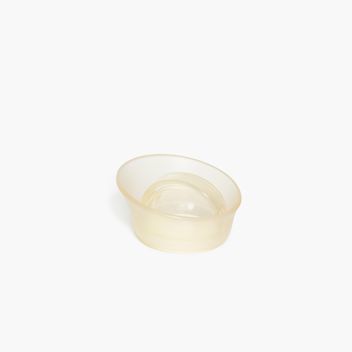 Cervical Cap
Cervical Cap
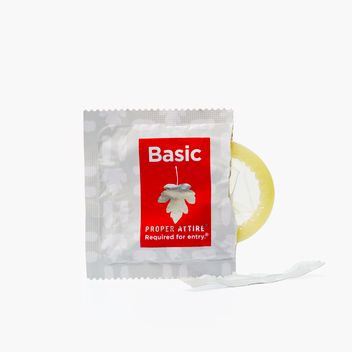 Condom
Condom
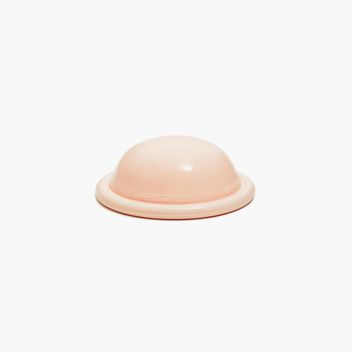 Diaphragm
Diaphragm
 FAM
FAM
 Female Condom
Female Condom
 Implant
Implant
 IUD
IUD
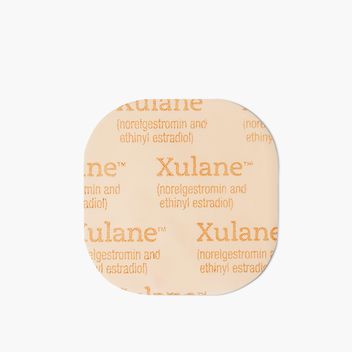 The Patch
The Patch
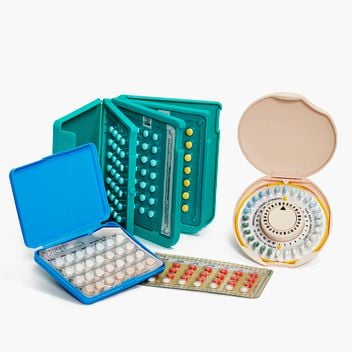 The Pill
The Pill
 The Ring
The Ring
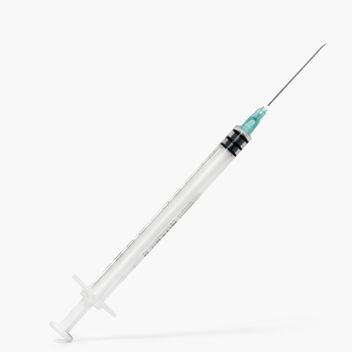 The Shot
The Shot
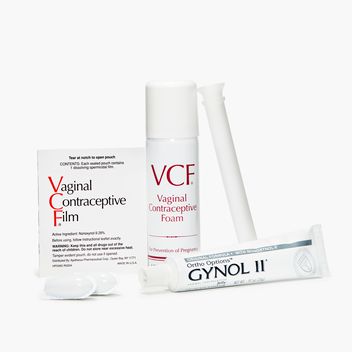 Spermicide
Spermicide
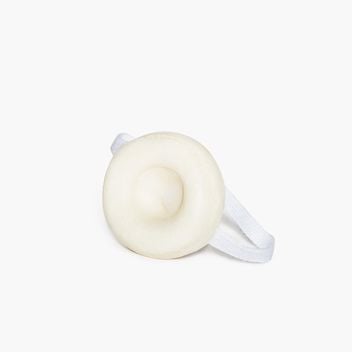 Sponge
Sponge
 Sterilization
Sterilization
 Vasectomy
Vasectomy
 Withdrawal
Withdrawal